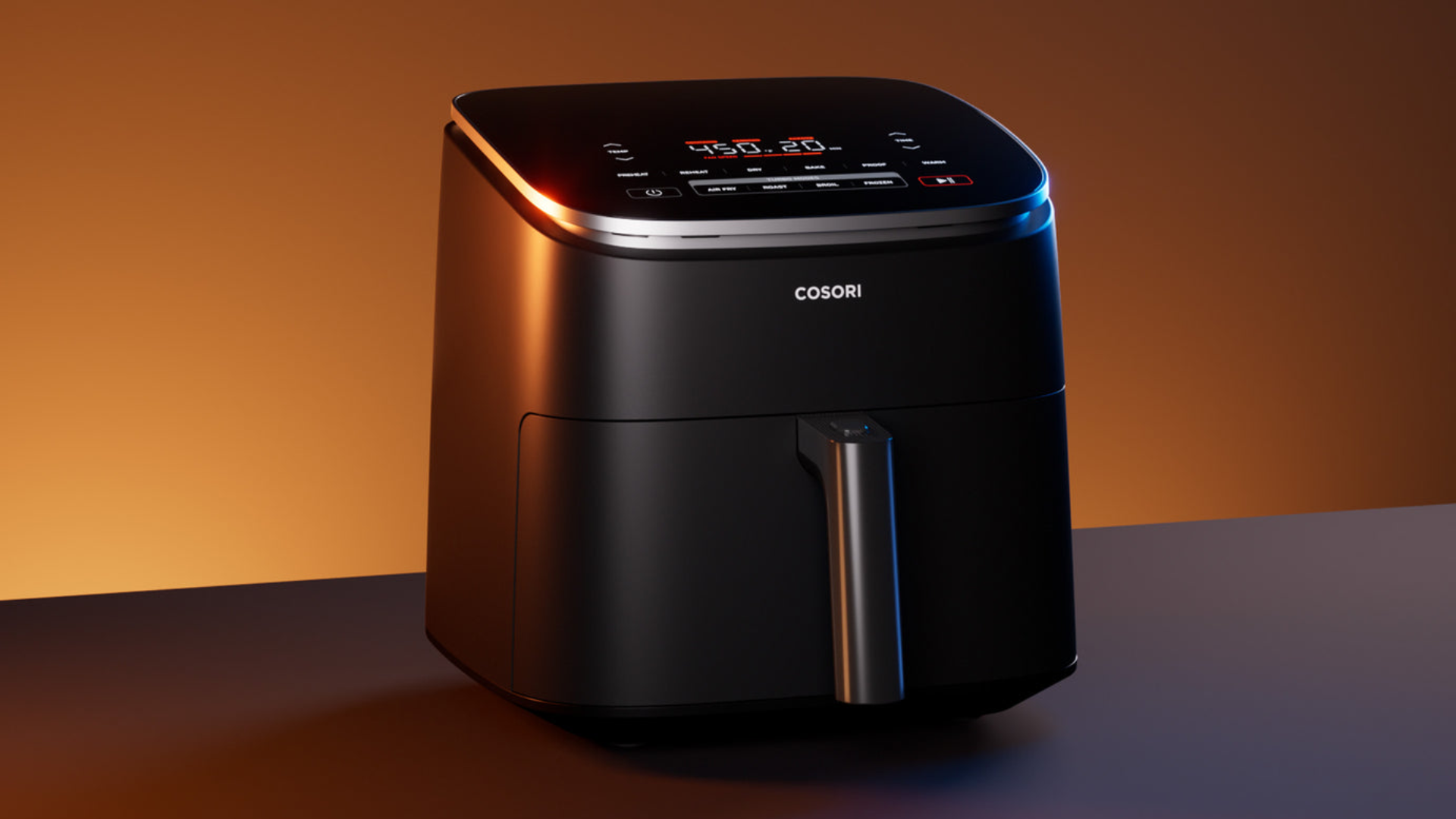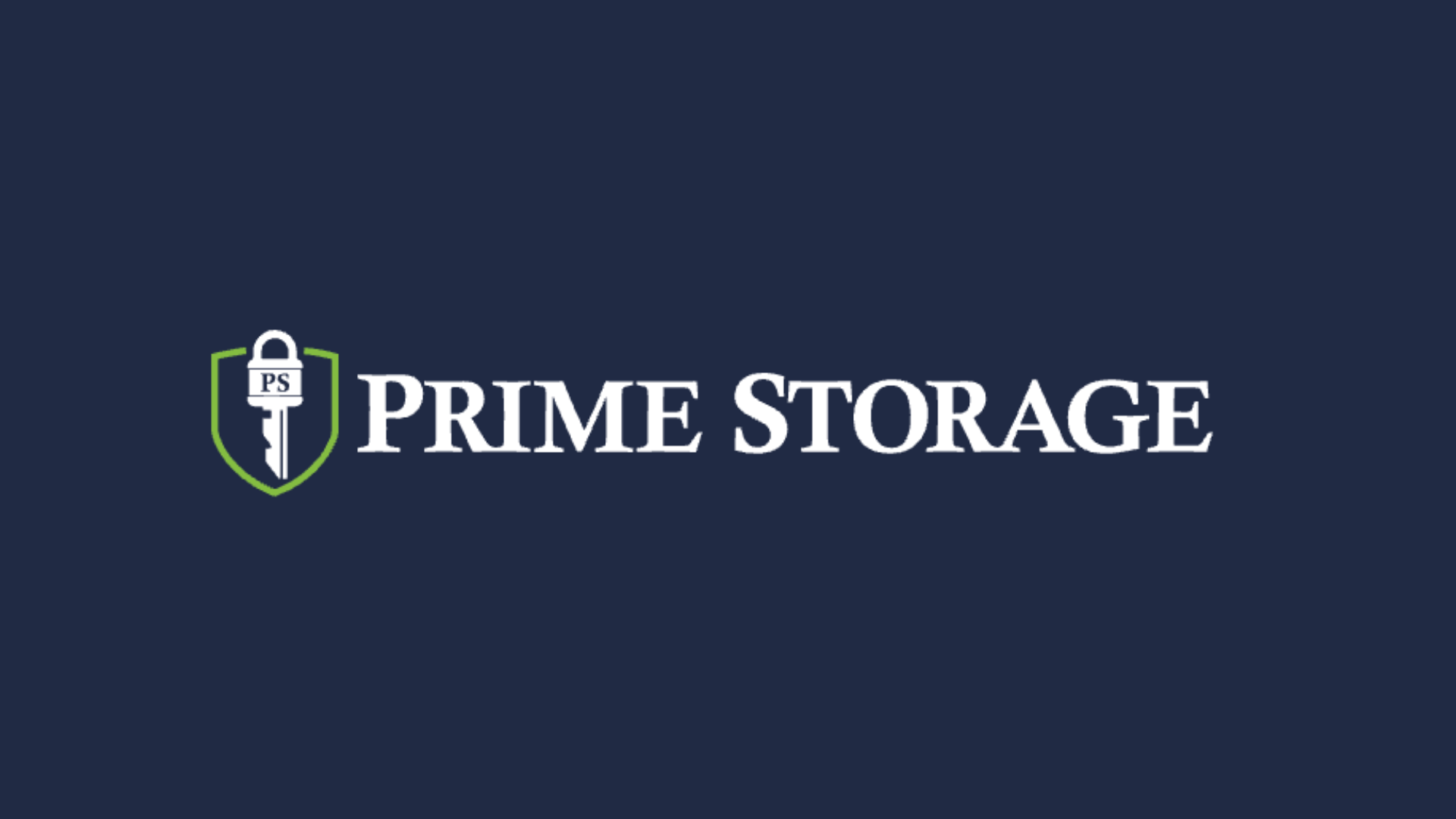Hushmail has been around since 1999, making it one of the oldest names in secure email.
Designed with privacy in mind, it utilizes OpenPGP encryption and offers HIPAA-compliant options, making it particularly popular among lawyers, healthcare providers, and users who require more advanced security.
What sets it apart is its easy-to-use interface combined with a proprietary security setup that doesn’t feel overly technical.
In this hushmail review, we’ll take a closer look at how Hushmail handles encryption, pricing, and everyday usability, and help you decide if it’s still worth choosing in today’s competitive world of private email services.
Disclaimer: This information is for general guidance only and may change as Hushmail updates its service or pricing. Always verify details with the official Hushmail website or support for the latest terms and feature updates.
What is Hushmail ?
Hushmail is a Canada-based encrypted email service built for users who need both simplicity and strong privacy. It uses OpenPGP for end-to-end encryption and supports TLS and HTTPS to secure messages in transit.
What is hushmail and how it sets apart is its focus on professionals in regulated industries.
It offers HIPAA-compliant plans for healthcare providers, along with secure communication tools for legal teams, businesses, and individuals.
No matter if you’re a solo practitioner or part of a team, Hushmail makes it easy to send encrypted emails and web forms without needing deep technical knowledge. Ideal for anyone who values privacy with convenience.
Core Features & Functionality of Hushmail

Hushmail offers a well-rounded set of features designed for users who need secure communication without sacrificing usability. Here’s a closer look at what you get under the hood.
- End-to-end encryption using OpenPGP (must be toggled manually); subject lines are not encrypted.
- Secure web forms and e-signatures are especially useful for regulated industries.
- 10–15 GB of email storage, depending on the selected plan.
- Supports IMAP and POP protocols; native app available for iOS only.
- In a zero-knowledge architecture, emails are not stored in plaintext.
- Perfect Forward Secrecy (PFS) is used during message transmission.
While it may not have all the bells and whistles of modern email giants, Hushmail delivers where it counts: strong encryption, compliance-ready tools, and a focus on privacy for professionals and individuals alike.
Note: Hushmail does retain IP logs and metadata.
Pros & Cons of Hushmail
Hushmail has several clear strengths, especially for professionals in regulated industries, but it also comes with a few limitations that may be significant depending on your specific privacy and feature needs.
Pros
- Strong OpenPGP encryption for secure messaging
- HIPAA and legal compliance with secure forms and e-signatures
- Easy setup, helpful support, and admin controls
- 14-day free trial and 60-day refund guarantee
- Business tools like custom domains and multi-user access
Cons
- Server-side encryption means Hushmail can access emails if required
- Retains IP logs and activity data for up to 18 months
- No Android app or calendar integration
- Higher cost compared to other private email providers
- Not open-source, which may deter privacy-focused users
Overall, Hushmail offers reliable encryption and compliance tools; however, it’s essential to consider its trade-offs, particularly if privacy, mobile access, or budget are top priorities for you.
Hushmail Plans & Pricing
Hushmail offers several pricing plans tailored for individuals, businesses, and healthcare professionals needing secure, compliant communication.
| Plan | Target User | Key Features | Starting Price |
|---|---|---|---|
| Personal | Individuals | 15GB storage, encrypted email | $59.99/year |
| Business | Small teams/legal | Custom domain, basic forms, IMAP/POP | ~$5–$10/month |
| Healthcare | Healthcare pros | HIPAA, BAA, secure forms, SSO | $11.99–$47.99/month |
While not the cheapest option, Hushmail’s plans are designed for users who prioritize privacy, encryption, and industry-specific features over extras like storage or bundled apps.
*Free trials and multi-year discounts are available.
Real-Life Hushmail Reviews: Reddit & Other Top Sites
Real user reviews offer valuable insights beyond feature lists and marketing claims. To understand how Hushmail performs day-to-day, we gathered feedback from trusted platforms like Trustpilot, Reddit, Capterra, and independent tech sites.
- Trustpilot: Users praise its HIPAA compliance, forms, and support. Some note that the interface feels basic and request more features like encrypted calling or productivity tools.
- Reddit & Forums: Favored for compliance and ease of use, and criticized for server-side encryption, lack of an Android app, and higher pricing compared to ProtonMail or Tutanota.
- Capterra & Software Advice: Professionals value Hushmail for secure communication in legal and healthcare settings. Downsides include a simple UI and complaints about account cancellation.
- Tech Reviews: Credited for compliance and customer support. However, it lacks open-source transparency and trails competitors in features like calendars and cloud storage.
The overall sentiment shows that Hushmail is a strong choice for compliance-focused professionals, especially in healthcare and legal fields. However, some users may find it lacking in advanced features, mobile support, or transparency regarding privacy compared to newer alternatives.
Who Should Use Hushmail and How Secure Is It?
Hushmail is best for healthcare providers, legal teams, small business owners, and privacy-conscious users who need encrypted, compliant email.
It’s beneficial for those needing HIPAA-compliant forms and secure client communication.
It’s less ideal for Android users, power users who need extra features, or privacy purists who avoid IP logs. Security-wise, Hushmail utilizes OpenPGP encryption, SSL/TLS, and removes IP addresses from emails.
While not fully no-log, it securely hashes passwords and maintains minimal logs for legal compliance, striking a balance between privacy, usability, and regulation.
Alternatives Comparison to Hushmail

If Hushmail doesn’t fully meet your needs, there are several other secure email providers worth considering. Each offers its own balance of privacy, features, and pricing, depending on what matters most to you.
| Service | Zero-Logs | Jurisdiction | Open Source | Calendar/Cloud | HIPAA | Free Plan |
|---|---|---|---|---|---|---|
| ProtonMail | Yes | Switzerland | Yes | Yes | No | Yes |
| Tutanota | Yes | Germany | Yes | Yes | No | Yes |
| Mailfence | Limited | Belgium | Partially | Yes | No | Yes |
| Hushmail | No | Canada/US | No | No | Yes | No |
Choosing the right email platform depends on your specific use case. Whether it’s open-source transparency, budget-friendliness, or mobile access, these alternatives may better suit your workflow than Hushmail.
Wrapping it Up
If you’re looking for a secure, easy-to-use email service, especially for healthcare, legal, or other regulated industries, Hushmail is definitely worth considering.
It offers robust encryption, intuitive web forms, and HIPAA-compliant plans, all presented in a clean and professional interface. The support is helpful, and the setup doesn’t require deep technical know-how.
That said, it’s important to know exactly what you’re getting. Hushmail may not have as many extras as some modern alternatives, and pricing could be a concern for budget-conscious users.
Still, for those who value privacy and compliance, it’s a dependable solution that strikes a balance between security and day-to-day usability.










